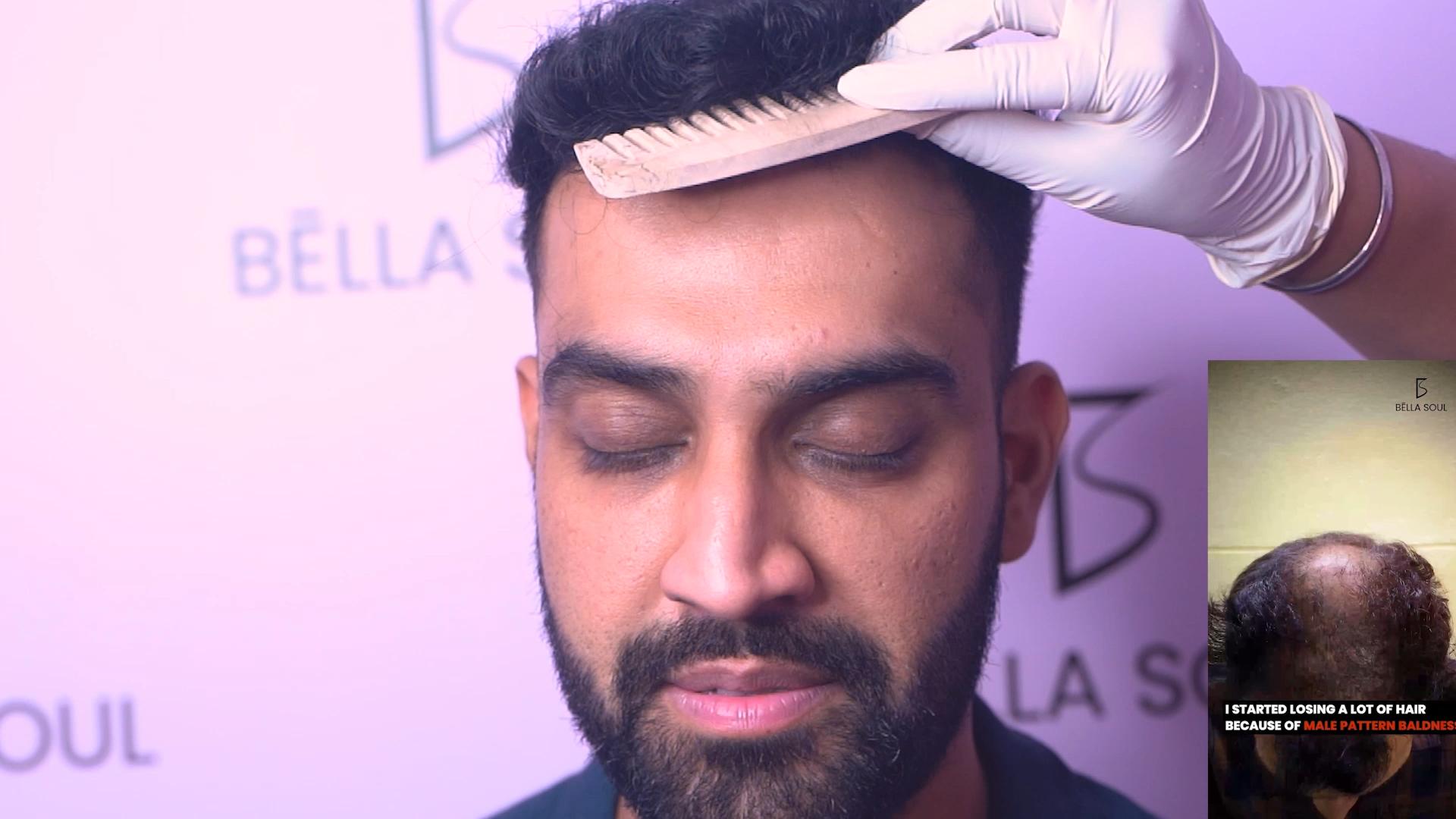Hair loss can be a significant concern for both men and women. Hair transplants offer a permanent solution for hair restoration, but it’s crucial to understand the procedure fully before committing. You can discuss the right choice & options available for you during a hair transplant consultation with a qualified doctor.
Here’s a comprehensive guide to help you get the most out of your hair transplant consultation, including key questions to ask your doctor:
Preparing for Your Consultation
Research hair transplant techniques
Familiarize yourself with FUE (Follicular Unit Extraction) and FUT (Follicular Unit Transplantation) techniques. Understanding their pros and cons allows you to ask informed questions about which might be best for you.
Gather your medical history
Compile a list of medications you’re taking, past surgeries, and any scalp conditions you have. This helps the doctor assess your suitability and potential risks.
Set realistic expectations
Hair transplants are a remarkable advancement, but they’re not a magic fix. Discuss realistic goals for density and coverage based on your donor area and hair loss pattern.
Prepare a list of questions
Reference the list in this guide and personalize it with your specific concerns. Don’t hesitate to ask for clarification on anything unclear.
Key Questions for Your Doctor
Understanding Your Hair Loss:
Q1. Can you diagnose the cause of my hair loss?
Knowing the cause (genetics, stress, etc.) informs the best treatment approach.
Q2. Will my hair loss continue after the transplant?
This depends on the cause and your individual case. Explore potential solutions for ongoing hair loss if applicable.
Q3. Is hair loss medication a viable option for me before or alongside a transplant?
Medication may stabilize hair loss and improve the overall outcome of the transplant.
Procedure & Technique:
Q4. Based on my hair loss pattern and donor area, which technique (FUE or FUT) would you recommend, and why?
Discuss the recovery time, scarring potential, and suitability of each technique for your case.
Q5. What is the estimated number of grafts needed for my desired outcome?
Understand how graft number impacts density and cost.
Q6. Can you walk me through the entire hair transplant procedure, including anesthesia options and post-operative care?
A detailed explanation reduces anxiety and helps you prepare.
Q7. What are the potential risks and side effects associated with this procedure, and how do you manage them?
Be aware of potential risks like infection, scarring, or unnatural hair growth patterns.
Cost & Recovery:
Q8. Can you provide a detailed breakdown of the estimated cost for my hair transplant, including any associated fees?
Discuss financing options if available.
Q9. What is the typical recovery timeline for the chosen technique?
Understanding activity restrictions and limitations helps you plan ahead.
Q10. What post-operative care instructions will I receive, and what pain management options are available?
Proper post-operative care is crucial for optimal healing and results.
Q11. What long-term maintenance is necessary to preserve the transplanted hair?
Maintaining healthy habits and potentially using hair loss medications may be necessary.
Additional Considerations:
Q12. Can I see before-and-after photos of patients with similar hair loss patterns and desired outcomes?
Visual references help manage expectations and showcase the doctor’s skillset.
Q13. How many years of experience do you have performing hair transplants, and what are your professional qualifications (board certifications)?
Experience and qualifications directly impact the success rate.
Q14. Can I meet the surgical team who will be assisting you during the procedure?
Knowing their qualifications and experience fosters trust.
Q15. Do you offer follow-up consultations to monitor progress and address any concerns after the surgery?
Post-operative support is vital for a successful outcome.
Beyond the Consultation
- Get a second opinion: Consider consulting another qualified hair transplant surgeon to gain a broader perspective and ensure confidence in your chosen doctor.
- Research the clinic’s reputation: Look for online reviews and patient testimonials to gauge the clinic’s experience and patient satisfaction.
- Trust your gut: After the consultation, assess your comfort level with the doctor and the clinic. Choose a practice where you feel heard, informed, and confident in their expertise.
Final Words
By following these steps and asking the right questions, you’ll transform your hair transplant consultation from a basic information session into a personalized roadmap to achieving your desired outcome. Remember, this is a significant decision, so prioritize clear communication, realistic expectations, and choosing a doctor who builds trust and inspires confidence.
